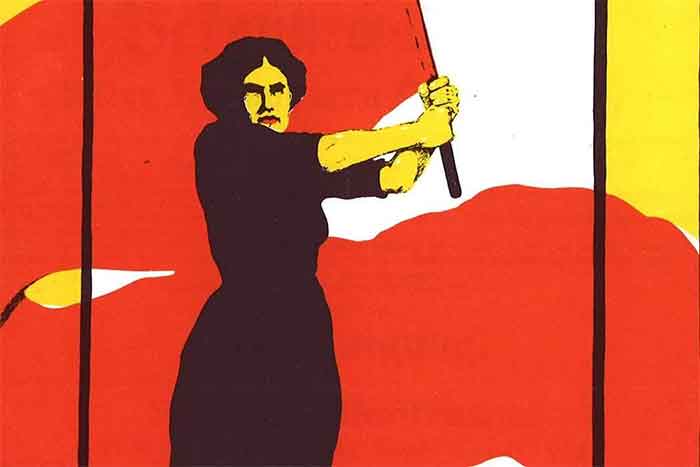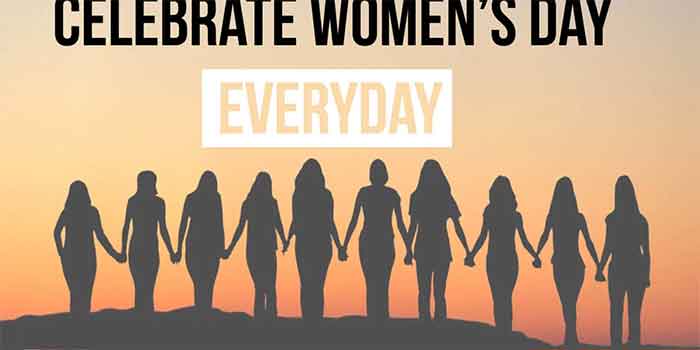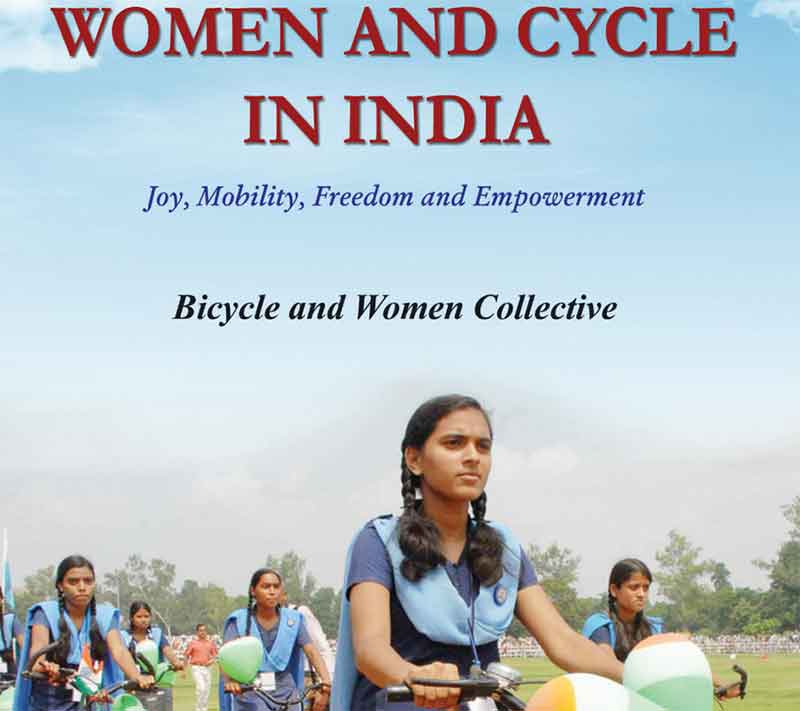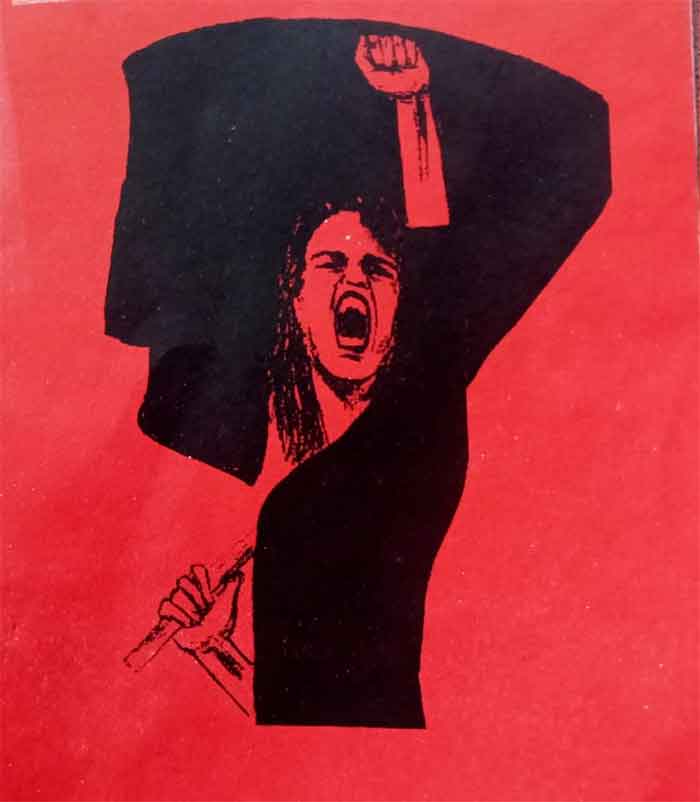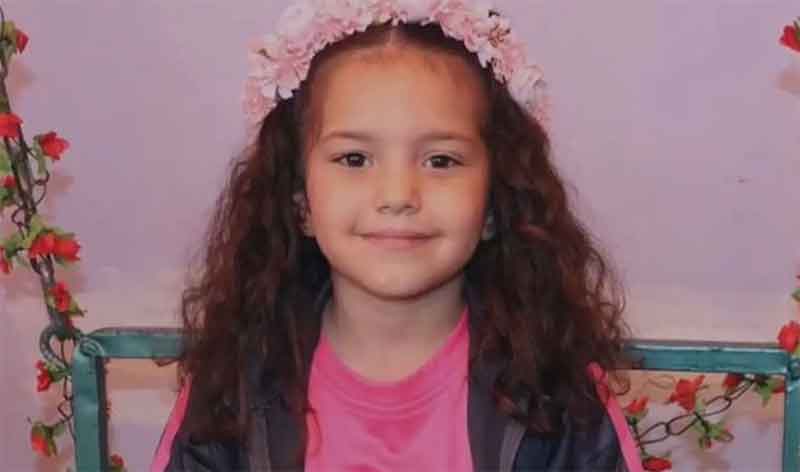Even some of the most publicized programs fall far short of funds required for proper implementation

Recent times have been extremely difficult for weaker sections in India due to not just the pandemic but several highly adverse policy decisions as well. Within weaker sections it is often the women who suffer more and face the most difficulties and distress in managing essential household expenses at times of eroding livelihoods and income on the one hand and increasing price of essential goods on the other hand. In the middle of such difficulties, various women’s welfare and empowerment schemes and programs of the government can make an important contribution to reducing the problems of women but unfortunately these have not been receiving adequate budgetary support with the result that their reach as well as their potential to help women has been adversely affected.
In 2013 the National Food Security Act made available certain maternity benefits to Indian women. Section 4 of ths law stated that every pregnant and lactating mother shall be entitled to ( nutritious food and )maternity benefit of not less than Rs. Six Thousand, in such instalments as may be prescribed by the Central Government. On the basis of assuming a population of 132 crore, a birth rate of 20 per thousand and an effective coverage of 90%, it has been estimated by experts that the annual budget needed for implementing this legal commitment is Rs. 14,000 crore ( one crore+=10 million).
However when we look at the actual expenditure on this, then what is needed for one year (Rs. 14,000 crore ) was actually spent over a period of seven years ( or probably even less than this was spent). The actual availability has been just around Rs. 2000 crore per year for the Pradhan Mantri Vandana Yojana scheme under which this legal commitment has been operationalised in a half-hearted sort of way after limiting this to just the first birth. Due to various implementation problems, even the limited benefits fail to reach several very needy mothers, or reach them only after a lot of difficulties and delay.
Allocations of many important schemes are not just indequate but in addition face heavy cuts later at the time of preparing revised estimates (RE) or on terms of actual exenditure. In financal year 2014-15, for example, the original allocation or Budget Estimate (BE) for the Indira Gandhi National Widow Pension Scheme was Rs. 3189 crore but the actual expenditure was only Rs. 1877 crore. One can imagine the distress this cut must have caused among a very vulnerable section of our society.
The importance of curbing trafficking cannot be over-emphasized, yet the budget of Ujjwala scheme devoted to this important work was cut drastically in financial year 2018-19 from Rs. 50 crore (BE) to Rs. 20 crore (RE). During the same year the budget for Swadhar Greha (rehab of distressed women) was cut from Rs. 95 crore to Rs. 40 crore.
Around this time employment prospects of women, most of whom work in the unorganized sector, had suffered a lot due to the overall crisis in the sector caused by the double hammer impact of demonetisation and GST, and an important scheme which could have checked this harm was that of Mahila Shakti Kendras ( National Mission for Empowerment of Women). However even the budget for this faced a cut during 2018-19 from BE of Rs. 267 crore to RE of just Rs. 115 crore.
During the next year 2019-20 even the overall budget of the Ministry of Women and Child Development suffered a cut from Rs. 29165 crore (BE) to Rs. 26185 crore (RE). Sabla, the most important scheme for improving health and nutrition of adolescent girls specifically faced a drastic cut from Rs. 300 crore (BE) to Rs. 150 crore (RE).
Clearly these cuts and low spendings, on top of inadequte allocations to start with for important programs, had an adverse impact of the welfare and empowerment of women. In the case of some programs like Beti Bachao Beti Padhao the emphasis generally speaking was on media publicity and promotion rather than actual work.
The important task of improving welfare and empowerment of women needs much better and stronger budgetary commitments.
Bharat Dogra is Honorary Convener, Campaign to Save Earth Now. His recent books include India’s Quest for Sustainable Farming and Healthy Food and Protecting Earth for Children.

